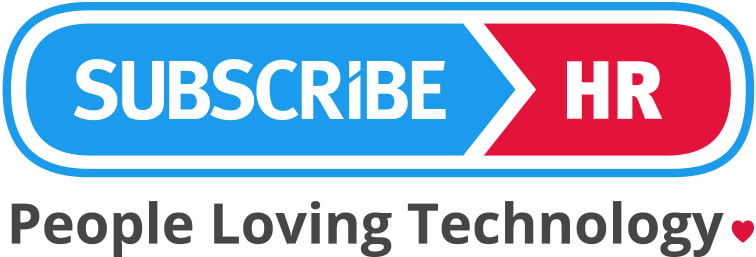Having great talent intelligence – that is an accurate understanding of the skills, expertise, and qualities of your employees - is essential for the decision makers in every organisation. However, the available evidence suggests that despite the importance of having accurate talent intelligence, it is often not done well. Why is it, that in 2015, this is still the case?
The reason lies in how organisations go about gathering and using information about the talents of their employees. It seems that this crucial task is often taken for granted, not well understood, or undertaken in ways that limit its value. Only 15 percent of the organisations in a recent study on High Impact Talent Analytics by Bersin, believe that their HR teams have strong credibility in talent metrics and analytics. According to the study, many of these organisations are looking for a roadmap to improve their capabilities.
The results of Bersin's study also indicate that only 10 percent of organisations have taken the step from HR Metrics to more advanced analytics; that is - helping business leaders solve their talent challenges through statistical analyses. A mere 4 percent are using predictive analytics to forecast future talent outcomes. Unfortunately, translating this information into a unique synthesis of talent intelligence that matches the needs of the organisation is still anathema to most businesses.
Talent Analytics Maturity Model
Bersin has identified a talent analytics maturity model based on years of research. The roadmap - from level 1 through to level 4 - charts a necessary transition in the current and future business environment, and indicates where organisations currently sit in their evolution. The roadmap has been outliend by Bersin as follows:
-
Level 1 | Operational reporting: reactive, operational reporting of efficiency and compliance measures focus on data accuracy, consistency and timeliness. 56% of organisations operate at this level.
-
Level 2 | Advanced reporting: proactive, operational reporting for benchmarking and decision-making, multidimensional analysis and dashboards. 30% of organisations operate at this level.
-
Level 3 | Advanced analytics: statistical modelling and root-cause analysis to solve business problems, proactively identify issues and recommend actionable solutions. 10% of organisations operate at this level.
-
Level 4 | Predictive analytics: development of predictive models, scenario planning, risk analysis and mitigation, integration with strategic planning. 4% of organisations operate at this level.
The Characteristics of Mature Analytics Teams
In addition, Bersin identifies the characteristics your organisation needs to focus on to create and embed mature talent analytics teams. These characteristics are:
-
Strong technical skills: Organisations at Levels 3 and 4 of the maturity model develop strong statistical and data skills. More than 70 percent of Level 4 organisations have employees with expertise in statistics, database, and data visualisation, and more than one-half have staff with IT backgrounds.
-
Move beyond number crunching: Mature analytics functions have learned to solve business problems. One of the biggest gaps in the capabilities of many analytics teams is the ability to 'tell the story' behind the data, so that business leaders can quickly grasp the implications. These teams need personnel with strong business, HR, and consulting skills.
-
Improve data quality: Mature analytics teams have invested time in ensuring that their data is high quality and up to date. Accurate data is important to gaining credibility with stakeholders—if they find errors or do not believe the data, the analytics function will likely suffer a serious setback.
-
Use effective dashboards: Mature analytics teams have learned how to create self-service, customisable dashboards for business and HR leaders. These dashboards allow stakeholders to have quick access to the information they need, while the analytics team spends more time providing insights and recommendations on business challenges.
![]()
The Benefits of Mature Analytics Competency
According to their research, Bersin's data indicates that organisations with mature, integrated analytics capabilities make far better decisions about their people and the pace at which they learn is expanding exponentially. The benefits to your business of implementing analytics competency in your HR team, can be as significant as:
-
2x more likely to improve your recruiting efforts.
-
2x more likely to improve your leadership pipelines.
-
3x more likely to realise cost reductions/efficiency gains.
-
2.5x more likely to improve talent mobility – moving the right people into the right jobs.
This current datafication process within HR is the result of a coalescence of ingredients that have forced the HR function to focus on analytics. That is, the relevant HR data set became available, accessible and more reliable and the resource/s the data describes has become pivotal in terms of value.
Human Resources Professionals now have access to the necessary big data about the organisations most valuable assets - its talent, and the resource is obviously valuable. However, HR have not yet developed and communicated the required decision frameworks to use such data to optimise decisions about talent.
If you want to learn more about how HR Professionals can ride the crest of the 'datafication of HR' wave, it is important for you to understand the changing landscape of talent intelligence. Understanding the foundations of the transition from HR metrics to data analytics and onwards still, to talent intelligence, will enable you to provide this valuable IP to your business to assist with planning and creating strategies for success.
Download your free White Paper on 'HR Metrics, Data analytics and Talent Intelligence' below.


